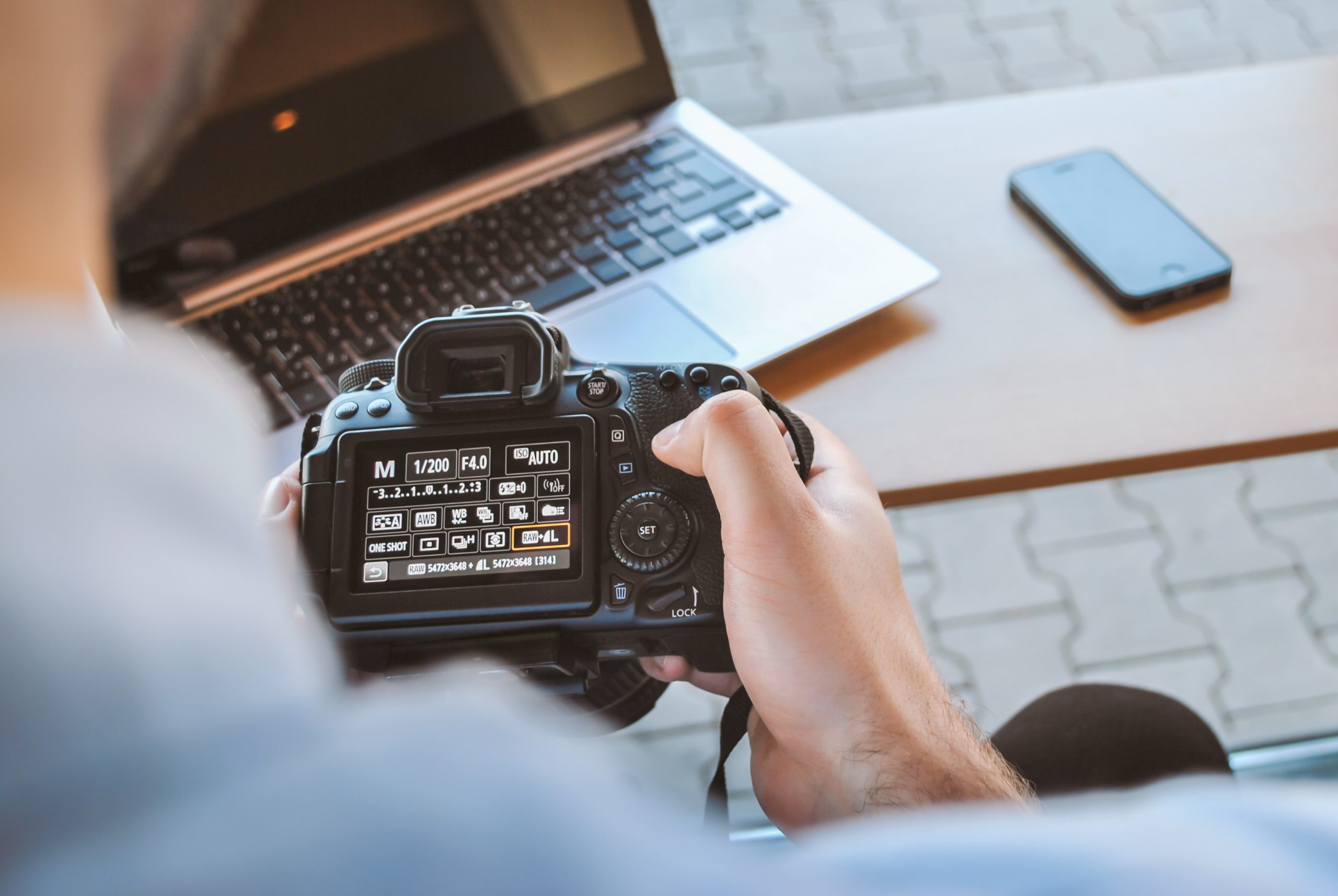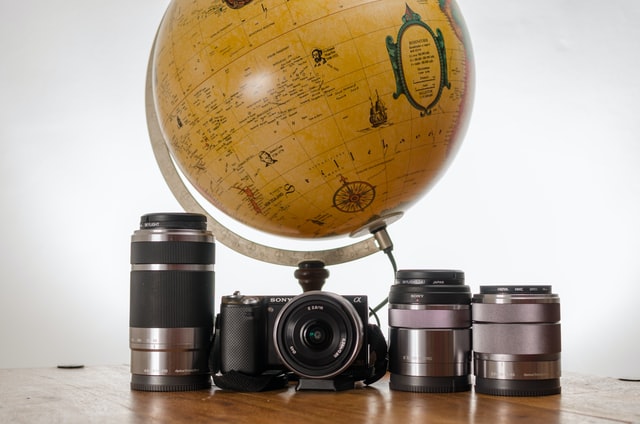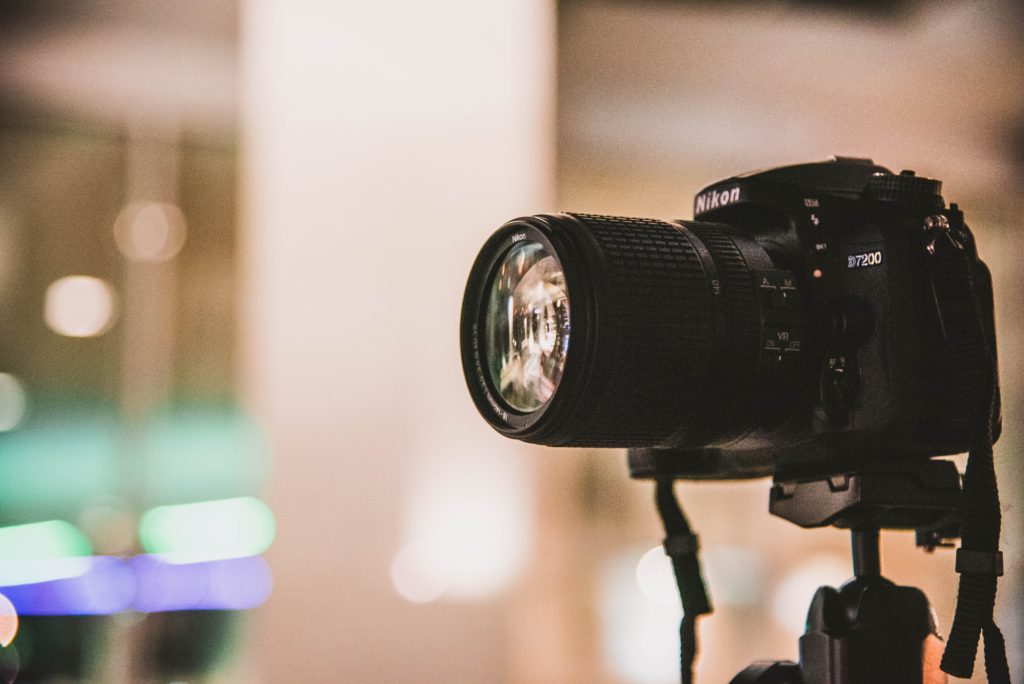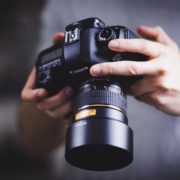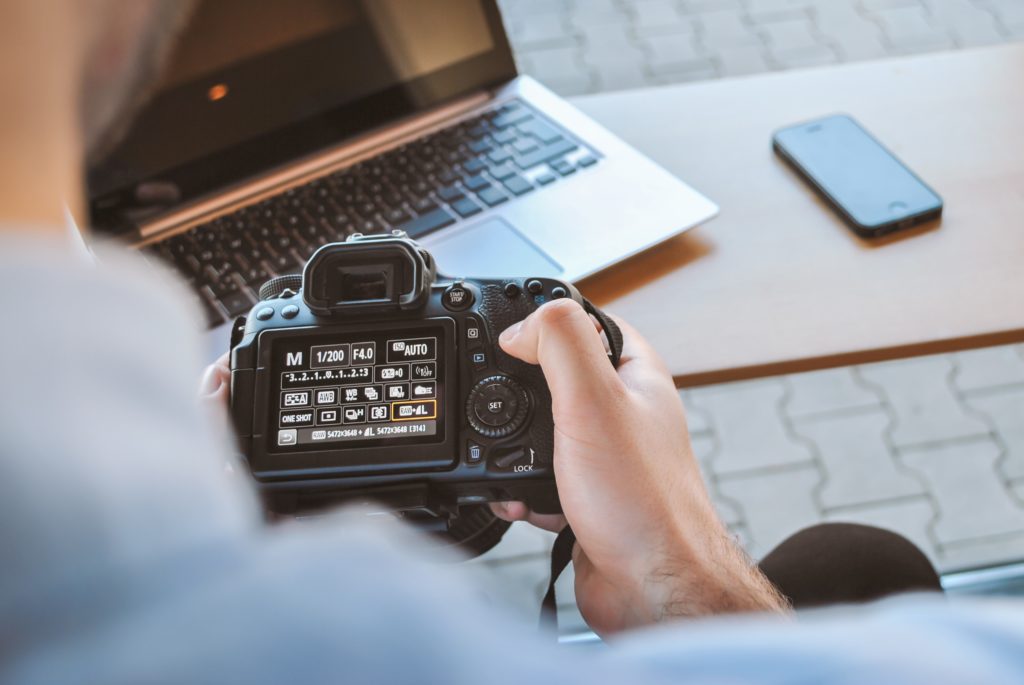
Being a photographer, you often rely on high tech and expensive equipment to do your work and projects.
If anything goes wrong with your equipment, you will be unable to complete your work until you repurchase new equipment. This type of financial loss can lead to missed work opportunities, not to mention the cost of getting new equipment again.
So, if your livelihood mainly depends on doing photography work, then a photographer’s insurance policy must cover you.
Here are the five surprising reasons why photographers need insurance:
1. Protecting Your Property
Undoubtedly, you’ve invested all your hard-earned money into your business to buy all the gear that you need to do the job.
Commercial property insurance will cover whatever loss or damage, whether it’s wind or storms, theft, or vandalism.
It can be challenging to go with your work knowing the equipment or place (studio) you’re working with has sustained damage.
Therefore, having property insurance can help sustain and keep your business afloat.
Similarly, photographers also depend on the internet to do their business. This includes handling inquiries, keeping client information, and storing your images.
That’s why you must also consider taking on a cyber policy that will cover your business interruption in case a data breach happens.
2. In Case of Accident or Injury
It would help if you also had yourself covered if something happens to you on the photo shoot.
It would help if you had a general business liability insurance explicitly written for a photography business.
Accidents can happen. Let’s say you’re in a wedding for a shoot, and a guest has accidentally tripped on one of your tripods. Having insurance gives you peace of mind, as you can save yourself from incurring expenses.
Also, what may start as a routine photo shoot might turn into a lawsuit if ever your client sustains an injury.
With insurance, such as the VUL life insurance policy, you don’t have to worry about a lawsuit. Your insurance will cover you if a client sues you or data loss or damage to their property.
This might also touch on aspects like advertising injury, slander, or copyright infringement.
3. Insures Your Equipment
Taking your equipment to a shooting location can be worrying because it can easily be lost in transport. For instance, it may be put in the wrong flight or damaged due to careless handling.
Fortunately, many insurance providers are offering worldwide photographer insurance cover. That way, you know you will be covered whether you are shooting locally or internationally.
4. In Case You Make a Mistake
If ever a client feels that you’re not able to deliver as per contract, they can sue you.
Let’s say you’re covering a wedding, and your memory card or piece of your equipment suddenly malfunctions. Or you had a misunderstanding with a client, and you arrived at the event late, missing out on crucial shots of the event.
Consider this instance in LA, which resulted in a lawsuit with a wedding photographer. The married couple decided to sue the photography studio they hired.
According to a News LA report, the couple claimed that the photographer delivered the images a couple of months late. And the photos are no longer in excellent condition. Their lawsuit is alleging the photographer of breach of contract, misinterpretation, and fraud.
5. You’re Unable to Attend a Shoot
Sudden emergencies might also cause you not to attend the shoot. Things like bad weather, broken equipment, sickness, etc. can happen.
Chances are, your clients will not be happy with the fact that their photographer will have to cancel on them. No matter if the cause is reasonable.
Fortunately, having an insurance policy will protect you from claims. Doing so can help you prevent incurring financial loss because of that missed appointment.
What to Consider When Shopping for an Insurance Coverage
Here are essential things that you need to consider when shopping around for a VUL life insurance policy:
- Know your Budget. Ideally, you need to examine your budget in two directions. First, how much can you afford for your insurance policy every month, and how much can you afford to replace all your equipment.
- Research and Attend Informational Reviews. You need to have basic knowledge of photography insurance and what suits you. You might also want to research articles that cover the best photography insurance in your niche.
- Keep All Information Organized, Along With Copies. Come up with a list of every photography equipment you have, along with serial numbers, receipts, and photos. You need to replicate those lists and keep them in various places as well. You might keep it in Google Drive and place all hard copies in a safe.
- Seek the Guidance of a Professional. Considering all these points, you must choose the right insurance company to cater to your needs. This allows you to understand the insurance coverage, which could come in handy when running a photography business.
Final Thoughts
In this article, we’ve outlined the most common reasons why you should have insurance for your photography business.
It would help if you looked out for all possibilities, which can place your business into a vulnerable position. It doesn’t matter whether it’s protecting yourself, your team, or your equipment. Hence, you should be on the lookout for instances that can put you in a vulnerable position.
After all, your work often involves interacting with clients and understanding their needs. This means that makings changes and ensuring that you can deliver on time are imperative.
In relation to having business insurance, always choose to work with a reputable insurance provider, whether it’s for your photography business or considering the cost of pet insurance. We’re talking about people who are willing to sit down with you, assess your needs, and develop the insurance policy that’s perfect for you.
Insurance is indeed a boring product that not everyone can think of right from the get-go. Often, it might be the last thing on your mind when launching a photography business. But as we’ve stated in the points above, this can be an absolute lifesaver.
